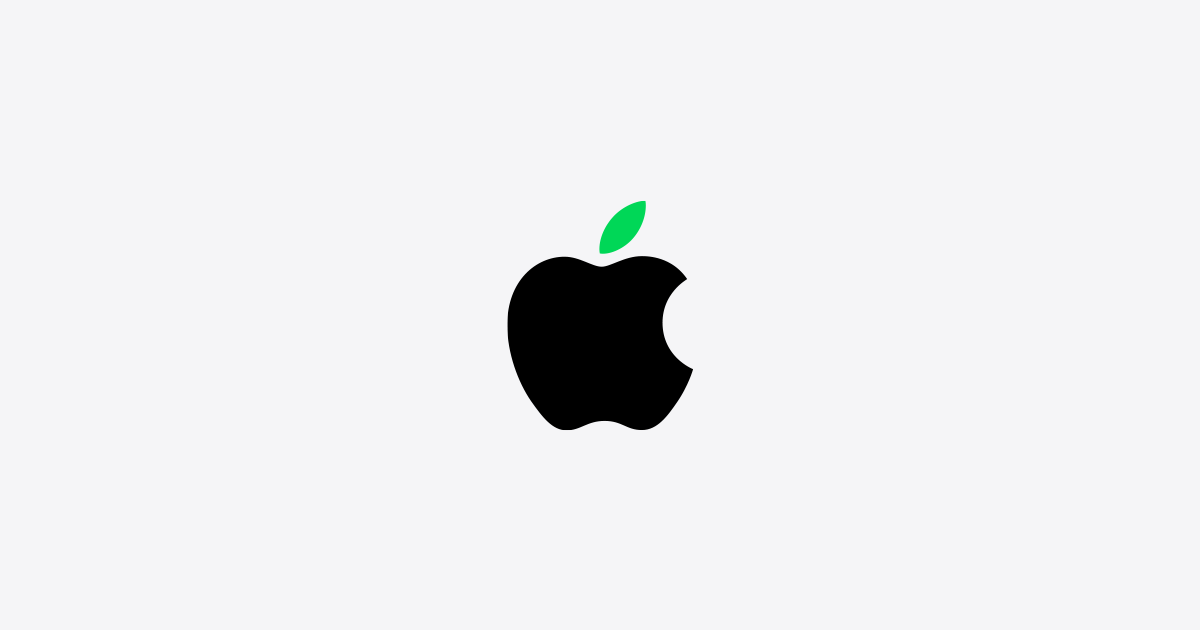For me, it just means that there's no real incentive to buying Intel based Macs anymore and paying such a high premium to do so. Sure, I would consider buying an Intel based Mac at a significant discount, but not at the current pricing.
I know of some Mac Pro users who've kept their original Mac Pros (pre-2011) for ten or twelve years, but can you really do that when they've been EOL'd now?
I was considering buying a Mac Pro, but no, not now, not at the current pricing. They've essentially been discontinued (the long slow way, of course). No reason I can see to pay a premium for that kind of system.
There are a lot of compromises in buying a Mac (particularly in graphics cards), and I'm glad I've kept my Windows up to date. I'll keep my hacks running (until they don't) and will switch to Windows when I have to, but I won't be buying Intel based Macs any time soon at the prices Apple currently charges. Soon, can't tell you exactly when, many buyers, particularly corporate and agency buyers, soon they will realize that buying a Intel based Mac will be a bad investment and they won't pull the trigger on a purchase.

